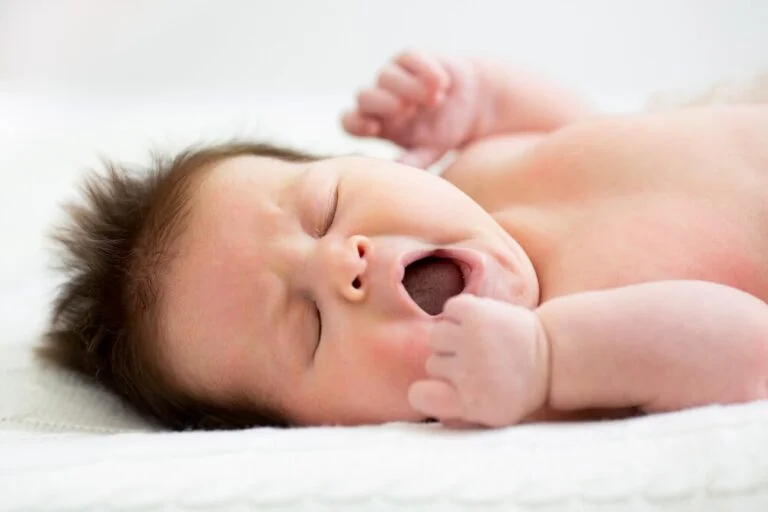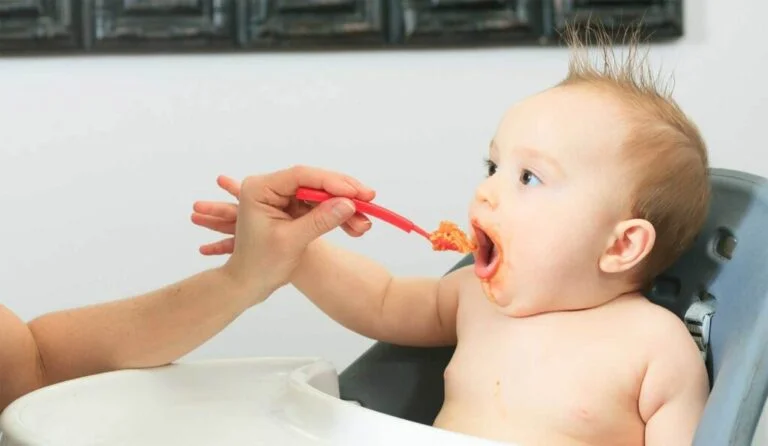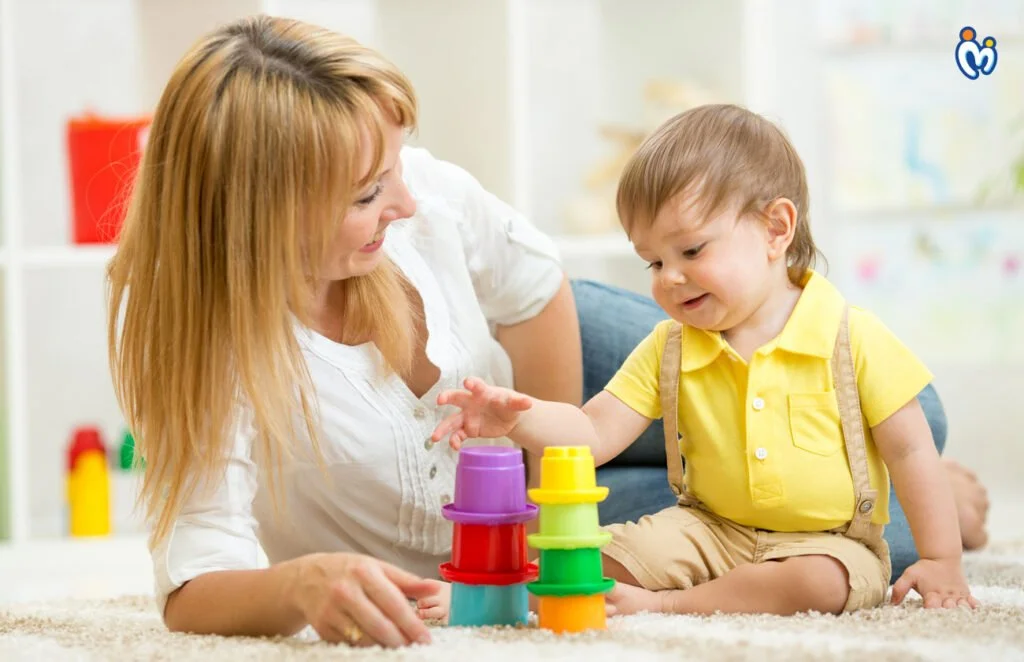It is extremely important to care for your child’s oral health right from birth. Practicing healthy habits not only prevents teeth decay in infants and children but also saves them from a lot of other diseases as well.
Birth to 6 months

Bacteria starts colonising a child’s mouth right after their first feed. Hence, its important to clean your baby’s gums after feeding.
- You can cradle your baby in one arm, wrap the index finger of your free hand with wet wash cloth and gently massage the gums.
- Never forget to clean your baby’s tongue once daily. You can use wet washcloth wrapped around your index finger for the same.
Infants/babies usually begin teething around 4-6 months of age. At this period the gums may get swollen and may cause certain discomfort to the child. To know more about various symptoms associated with teething and how to effectively manage it, see Managing the Teething Menace.
6 - 12 months

This period is an extremely important phase. This is the time when your baby would switch to mashed/soft solids, they would explore their mouth with whatever they can get hold of. Plus, they would get their first tooth during this time. All of this would simply mean more ingress of bacteria in the mouth.
Hence, it becomes all the more important to take care of your baby’s oral/dental health at this time.
- Feed your baby with 2-3 sips of water after every meal. Furthermore you can use a fingerbrush/wet washcloth to wipe their gums.
- Never let your baby drift off to sleep with the bottle in their mouth. The milk pools inside the mouth and is a major cause of early tooth decay.
- Avoid feeding your baby with any sweetened drinks or even adding honey to their foods. This does more damage to the teeth than good.
- Begin to wean your baby off the bottle as they start eating solid foods by this age and encourage drinking from a Sippy cup.
- Brush your child’s teeth right from the time the first tooth comes in. You can use a baby toothbrush or a finger brush with NO toothpaste to gently rub their teeth off the food deposits.
- To relieve the symptoms of teething, see Managing the Teething Menace.
- Lift your baby’s lips from time to time to check on their gums and teeth. If you notice any small yellowish/ opaque white spots, take your child to their paediatric dentist right away. DO NOT WAIT for it to become a full blown cavity and cause pain until you visit a dentist. If an infection is arrested early, it can save your child from complications later.
- Remember, dental decay is an infectious transmissible disease. So, avoid sharing utensils (eg. spoons) or testing the temperature of the bottle with your mouth.
- Schedule your child’s first dental visit by one year of age or within 6 months of the appearance of their first tooth.
12 - 18 months

- Continue brushing your child’s teeth and gums with a toothbrush or finger brush. You need not use a toothpaste.
- Encourage your child to munch on fruits rather than giving them fruit juices or any sweetened drinks at this age.
- Make sure the size of the food items given to them to munch on is slightly bigger so as to avoid the risk of taking the whole thing in and choking onto it.
- If your child hasn’t visited their pediatric dentist before, its high time that they do it now.
- Regularly check your baby’s teeth of any yellowish/opaque white discolouration. If present, schedule an appointment with a pediatric dentist to arrest the dental infection at the earliest and keep it healthy throughout.
- Avoid sharing utensils to prevent passing on the germs to your child.
- To keep the bacterial activity low, limit in-between snacking as much as possible. if at all required, healthy substitutes like fruits are advisable. This would additionally massage their gums and wash off any food particles sticking on their teeth, preventing dental decay.
18 months - 5 years

- By this age, you can start using toothpaste with toothbrush to clean your baby’s teeth.
- The amount of toothpaste to be used is critical, as babies at this age do not know how to spit properly. Hence, they usually tend to swallow their toothpastes.
- Toothbrushing is one of the most boring activity for a kid. So, make toothbrushing fun. You can put on a song and brush along with them. Teach them to expectorate by showing them how to do it. Yes, it can get a bit messy, but isn’t messy fun for kids? So, don’t panic even if they swallow some and expectorate just a little. They are still learning. Remember, a little mess now is worth lifetime of good oral/dental habits.
- Although it is normal for children to have thumb/finger sucking habit at this age and it should usually resolve on its own by the age of 3.
- But, if your child is older than 3 years and is still continuing with the thumb/finger sucking habit, consult their paediatric dentist immediately.
- By 3 years of age, mostly all of baby’s milk teeth would come in. It is necessary for their milk teeth to have gaps in between them. In case, if the milk teeth don’t have gaps in between, keep a close watch and meticulously follow oral hygiene regimen. Milk teeth with no gaps usually tend to develop cavities faster than the ones with gaps.
- If you notice yellowish/brown discolouration or broken tooth, consult a pediatric dentist immediately. Do not miss your baby’s dental appointment.
- Limit in between snacking with sugary/sticky foods. Replace them with healthy alternatives like fruits, makhana, popcorns etc.
At Oraface, We are proud to have a collaborative team of like-minded professionals to help You and your family have Sleep, Breathe and Smile better!
The First and Exclusive in Gujarat!
If you have any questions, write to us or you can schedule a consultation with us.

